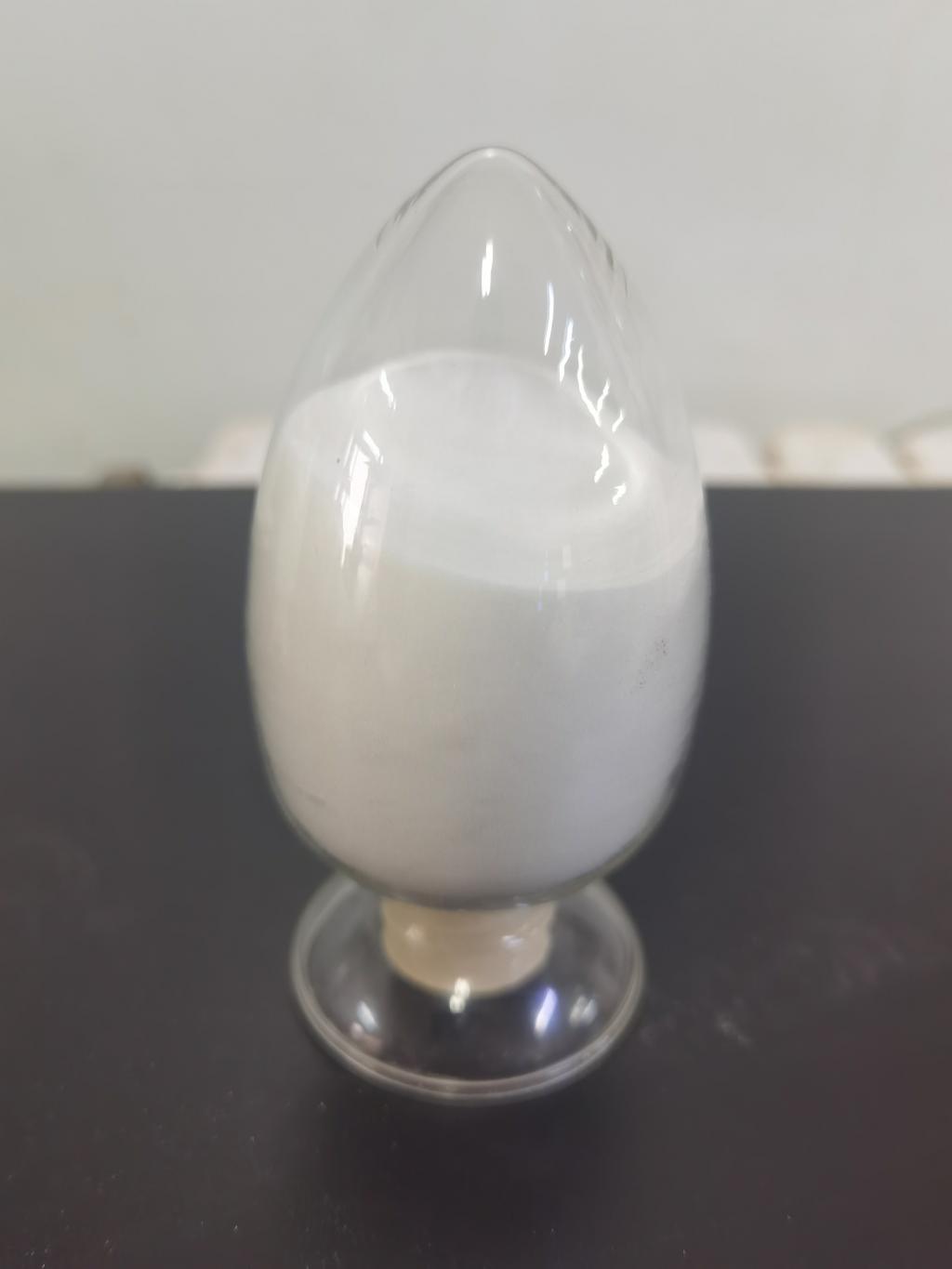Tel:+8618231198596

News
 CONTACT
CONTACT
 CONTACT
CONTACT
- Linkman:Linda Yao
- Tel: +8618231198596
- Email:linda.yao@dcpharma.cn
- Linkman:CHARLES.WANG
- Department:Overseas
- Tel: 0086 0311-85537378 0086 0311-85539701
News
Current Position:
Home >
News
>What are some common food products that contain ε-Polylysine hydrochloride?
What are some common food products that contain ε-Polylysine hydrochloride?
TIME:2023-03-15
Baked Goods
Baked goods, such as bread, cakes, and pastries, often contain ε-Polylysine hydrochloride. The compound is added to these products to prevent the growth of mold and other harmful bacteria. Because baked goods are often stored at room temperature for extended periods, they are prone to spoilage. The addition of ε-Polylysine hydrochloride helps to extend their shelf life and ensure that they remain safe for consumption.
Meat Products
Meat products, including processed meats, are another common food category that uses ε-Polylysine hydrochloride as a preservative. The compound is added to meat products during processing to prevent the growth of harmful bacteria, such as E. coli and Salmonella. This helps to reduce the risk of foodborne illnesses and increase the shelf life of these products.
Dairy Products
Dairy products, such as cheese, yogurt, and sour cream, often contain ε-Polylysine hydrochloride. The compound is added to these products to prevent the growth of bacteria that can cause spoilage and reduce their shelf life. Because dairy products are often stored at refrigerated temperatures, they are susceptible to bacterial growth. The addition of ε-Polylysine hydrochloride helps to ensure that these products remain safe for consumption.
Beverages
Beverages, including fruit juices, soft drinks, and beer, also often contain ε-Polylysine hydrochloride. The compound is added to these products to prevent the growth of bacteria and other microorganisms that can spoil the product. Because beverages are often stored for extended periods, they are prone to contamination. The addition of ε-Polylysine hydrochloride helps to prevent this and ensure that these products remain safe for consumption.
Canned Foods
Canned foods, such as vegetables and fruits, often contain ε-Polylysine hydrochloride. The compound is added to these products to prevent the growth of bacteria and other microorganisms that can spoil the product. Canned foods are often stored for long periods, and the addition of ε-Polylysine hydrochloride helps to ensure that they remain safe for consumption.
Conclusion
In conclusion, ε-Polylysine hydrochloride is a natural antimicrobial compound that is commonly used as a food preservative. It is added to a variety of food products, including baked goods, meat products, dairy products, beverages, and canned foods, to prevent the growth of harmful bacteria and other microorganisms. The use of ε-Polylysine hydrochloride helps to increase the shelf life of these products and ensure that they remain safe for consumption.
- Tel:+8618231198596
- Whatsapp:18231198596
- Chat With Skype







